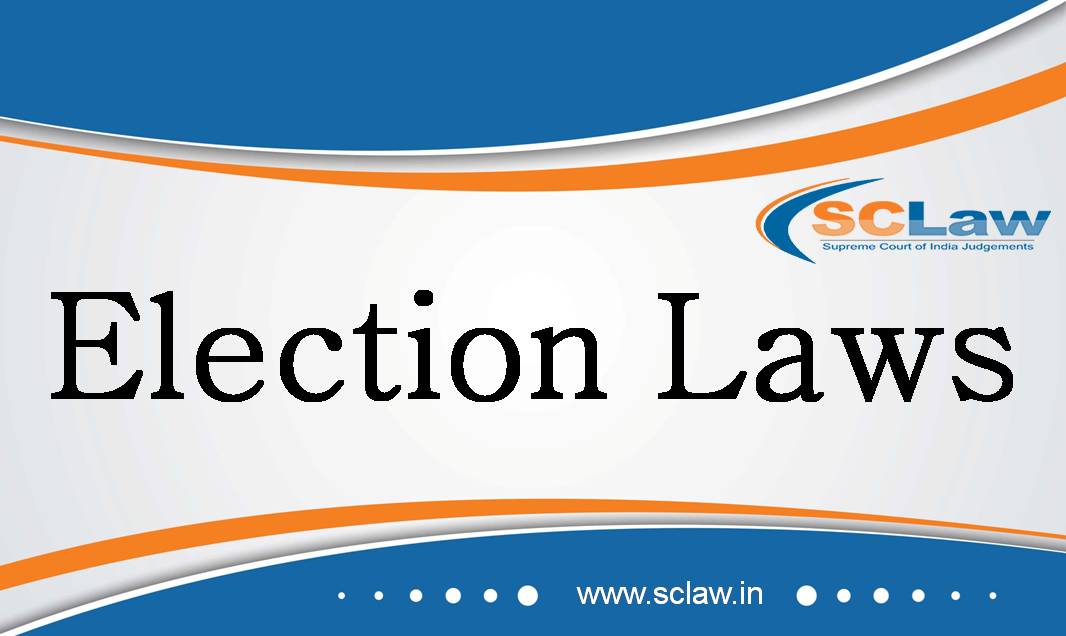Termination of contract – Refund of interest – HELD the impugned judgment erred in directing payment of interest on the entire amount from 08.11.1994; instead, the direction to pay interest on Rs. 3,61,20,000/- shall operate with effect from 22.03.1995 to 19.05.1998.
SUPREME COURT OF INDIA DIVISION BENCH CHIEF EXECUTIVE OFFICER AND VICE CHAIRMAN GUJARAT MARITIME BOARD — Appellant Vs. ASIATIC STEEL INDUSTRIES LTD AND OTHERS — Respondent ( Before : Indira…






